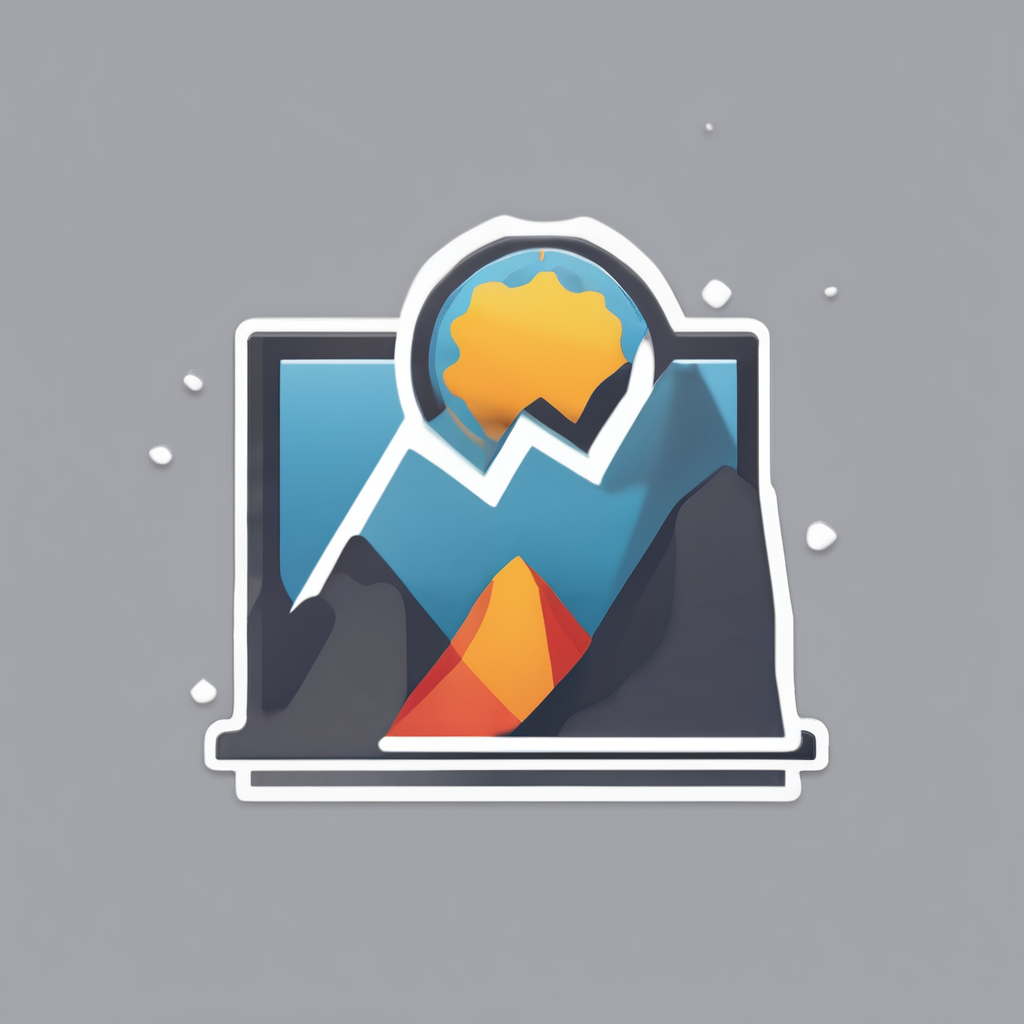Discovering team strengths through personality testing: The key to unlocking workplace potential
Could your team’s hidden talents be the key to breakthrough performance? According to Gallup’s 2024 State of the Global Workplace report, teams that leverage individual strengths see 12.5% greater productivity and significantly higher engagement rates. Modern Workplace Personality Assesment tools reveal how different personality types contribute unique value, transforming diverse perspectives from potential friction points into powerful collaborative advantages that drive measurable business results.
Why personality assessments transform team performance
Research from Harvard Business Review reveals that teams using personality assessments see a 27% improvement in collaboration effectiveness within six months. This dramatic shift occurs because these tools provide the missing piece in team dynamics: understanding how individual minds process information, make decisions, and respond to pressure.
In the same genre : Why Choose the Best Piling Companies Liverpool Has for Construction Projects?
When team members understand each other’s natural communication styles, workplace conflicts drop significantly. A marketing team that previously struggled with missed deadlines discovered their creative director needed detailed briefs while their copywriter thrived on broad concepts. This simple insight transformed their project delivery rate from 60% to 95% on-time completion.
The most powerful transformation happens in collaborative problem-solving. Teams equipped with personality insights naturally distribute tasks based on cognitive strengths rather than job titles alone. Data analysts tackle complex research while relationship-builders handle stakeholder communications, creating a seamless workflow that leverages everyone’s natural abilities.
Also to discover : How emergency roadside assistance keeps drivers moving safely
Performance improvements extend beyond task allocation. Teams report increased psychological safety when members understand that different approaches to work stem from personality differences, not incompetence. This understanding creates space for diverse thinking styles to flourish, ultimately driving innovation and business results.
Choosing the right professional personality evaluation for your organization
Selecting the appropriate personality assessment tool can make or break your team development initiatives. With dozens of options available, from comprehensive psychological profiles to quick behavioral snapshots, the choice requires careful consideration of your specific organizational needs and resources.
The most effective evaluations balance scientific rigor with practical application. Here are the essential criteria to guide your decision:
- Scientific validity: Look for assessments backed by peer-reviewed research and statistical validation. Tools with published reliability coefficients above 0.8 indicate consistent, trustworthy results across different populations and time periods.
- Ease of administration: Consider whether your team can complete the assessment online, offline, or requires facilitation. User-friendly interfaces and clear instructions reduce completion time and improve response quality.
- Cost structure: Evaluate per-person fees, licensing costs, and trainer certification requirements. Budget-friendly options may sacrifice depth, while premium tools often include ongoing support and updates.
- Administration time: Assessments range from 10-minute questionnaires to 90-minute comprehensive evaluations. Match the time investment to your team’s availability and the depth of insights needed.
- Report quality: Review sample reports for clarity, actionability, and visual presentation. The best tools translate complex data into practical development recommendations and team comparison charts.
- Post-evaluation support: Determine what training, coaching resources, or expert consultation comes with your investment. Ongoing support ensures proper interpretation and effective implementation of results.
How to implement these assessments successfully in your workplace
Successful implementation begins with strategic preparation and clear communication to your team. Start by defining specific objectives for the assessment process, whether you’re focusing on team building, role optimization, or leadership development. Communicate the purpose transparently to employees, emphasizing that these tools are designed to enhance collaboration and personal growth, not for performance evaluation.
Choose qualified administrators or external consultants to ensure proper test delivery and maintain objectivity. Schedule assessments during low-pressure periods and provide comfortable environments where employees can complete them thoughtfully. Allow adequate time for each assessment type, typically 30-45 minutes for comprehensive personality evaluations.
The interpretation phase requires careful analysis by trained professionals who can translate results into actionable insights. Organize individual feedback sessions followed by team workshops where members can discuss their profiles openly. Focus on how different personality types can complement each other rather than highlighting differences as barriers.
Establish ongoing support through regular check-ins and integration of assessment insights into daily workflows, project assignments, and communication strategies. This sustained approach ensures the investment in personality assessments delivers lasting organizational benefits.
Leveraging assessment results to boost team dynamics
The real value of personality assessments emerges when you transform insights into actionable strategies. Smart managers use these results as a roadmap for building more effective teams, not just filing reports in HR folders.
Start by mapping complementary personality types when forming project teams. If you have a detail-oriented analyst, pair them with a big-picture visionary. This creates natural balance where each member’s strengths compensate for others’ blind spots. The result? Teams that tackle challenges from multiple angles and deliver more robust solutions.
Adapt your management approach based on individual profiles. Some team members thrive with direct feedback and clear deadlines, while others need collaborative discussions and flexible timelines. Understanding these preferences helps you communicate more effectively and motivate each person according to their natural working style.
When conflicts arise, personality insights become your conflict resolution toolkit. Instead of viewing disagreements as personal clashes, you can reframe them as different cognitive approaches to the same problem. This perspective shift often transforms tension into productive dialogue and mutual understanding.
Compliance and best practices for workplace personality evaluations
Implementing personality assessments in the workplace requires careful attention to legal compliance and ethical standards. Organizations must ensure these evaluations don’t inadvertently discriminate against protected classes or violate privacy rights established by employment law.
The key principle is using personality tests solely for job-relevant purposes. Assessments should directly relate to specific role requirements or team dynamics rather than general character evaluation. This means focusing on work-related behavioral preferences and communication styles instead of personal traits that could lead to bias.
Confidentiality represents another critical consideration. Employee assessment results must be stored securely and shared only with authorized personnel who have legitimate business reasons for access. Clear policies should outline who can view results and how long data will be retained.
Best practices include obtaining informed consent before testing, providing clear explanations of how results will be used, and ensuring assessments are administered consistently across all participants. Organizations should also regularly review their evaluation processes with legal counsel to maintain compliance with evolving workplace regulations.
Your questions about workplace personality assessments

What are the best personality tests to use in the workplace?
Popular options include Myers-Briggs Type Indicator (MBTI), DISC Assessment, and Big Five personality tests. Choose based on your specific goals: team building, leadership development, or communication improvement.
How can personality assessments improve team dynamics?
Assessments reveal individual communication styles, work preferences, and strengths. This understanding reduces conflicts, improves collaboration, and helps managers assign tasks that match each person’s natural abilities.
Are workplace personality tests legally compliant and fair?
Yes, when properly implemented. Focus on job-relevant traits, avoid discriminatory questions, and use assessments for development purposes rather than hiring decisions to ensure legal compliance.
How much do professional personality assessments cost for teams?
Costs range from $15-50 per person for basic assessments to $200+ for comprehensive reports. Group packages and organizational licenses often provide significant savings for larger teams.
What’s the difference between Myers-Briggs and other workplace personality tools?
Myers-Briggs categorizes into 16 personality types, while DISC focuses on four behavioral styles. Other tools like Big Five measure personality traits on continuous scales rather than fixed categories.











